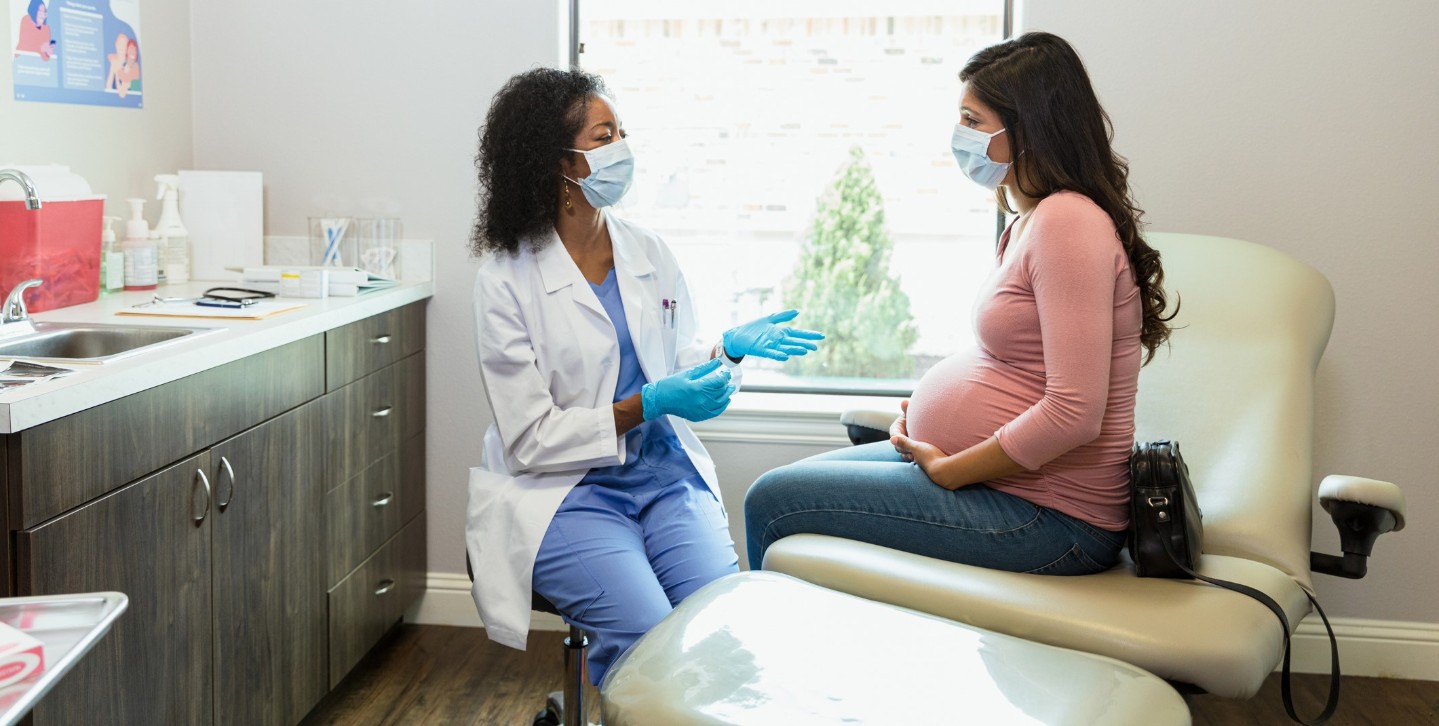Strength Training: Why it is Important for Moms
NOV 05, 2025Progressive overload means consistently challenging your muscles to do a little bit more than they're used to.
Read More
Pregnancy is often an exciting time in life which is full of many new experiences. One of those new experiences can be the amount of testing done throughout the pregnancy. These tests can be confusing and leave you wondering, "why was THAT done?”
One of those many tests is often referred to as a GBS test. GBS stands for group B streptococcus. This is a bacteria that is often present in the human genital and gastrointestinal area. Anywhere from 1 in 3 to 1 in 4 people in the United States carries the bacteria in the digestive tract or vagina, but this does not mean that they will be sick or need any treatment. There is not anything to do to avoid GBS. However, during pregnancy testing for GBS is recommended as GBS can be the cause of an infection, including urinary tract infections, infection of the fluid that surrounds the baby, and even the uterus after delivery.
Additionally, GBS bacteria can be passed to the newborn during delivery and it is possible that the baby can develop an infection from the bacteria. Infections can be serious and include infection in the lungs, a blood infection, or even an infection around the brain.
In the United States, it is recommended that every pregnant woman be tested for GBS, initially with a urine culture and then later (around the 36th-37th week of pregnancy) through a vaginal/rectal culture. At the start of pregnancy, a urine sample will be sent for a culture. If GBS is shown on that culture, oral antibiotics will be given. If the urine test is normal at the start of pregnancy, the 2nd culture is taken later in the pregnancy. The test should only take a few seconds and does not require a speculum exam. If either of the above tests are positive, treatment will be given during labor.
Additionally, treatment is recommended for women who go into labor prematurely, women with a fever during labor, and if your water breaks for 18 hours or more before delivery. Finally, any person with an infant affected by GBS in the past is recommended to be treated during delivery as well.
Thankfully, there are also ways of decreasing the chance of an infection in the newborn baby. Most infections can be prevented by treating women who are positive for GBS with an antibiotic during labor. This antibiotic is given through the woman’s IV line during labor and before delivery.
If you have any additional questions about group b streptococcus, ask your OB/GYN provider.

Progressive overload means consistently challenging your muscles to do a little bit more than they're used to.
Read More
Miscarriage, stillbirth, and infant loss are not merely medical events; they represent deeply personal tragedies that leave lasting imprints.
Read More
Midwives offer comprehensive, holistic healthcare for women throughout their lives, focusing on wellness, prevention, and empowering women to make informed decisions about their bodies.
Read MoreWhen you need local health information from a trusted source, turn to the CHI Health Better You eNewsletter.